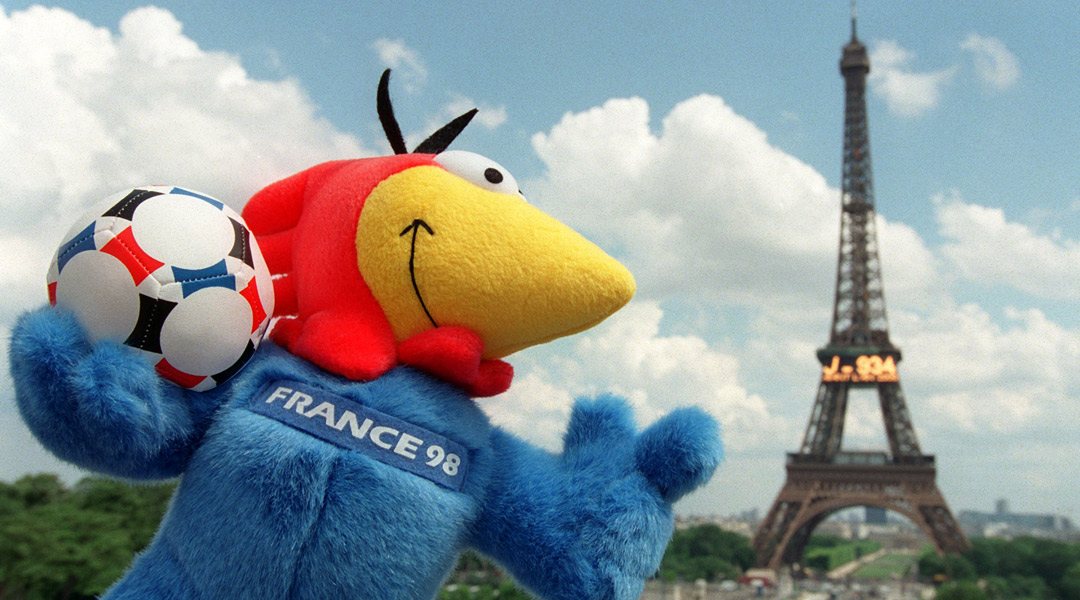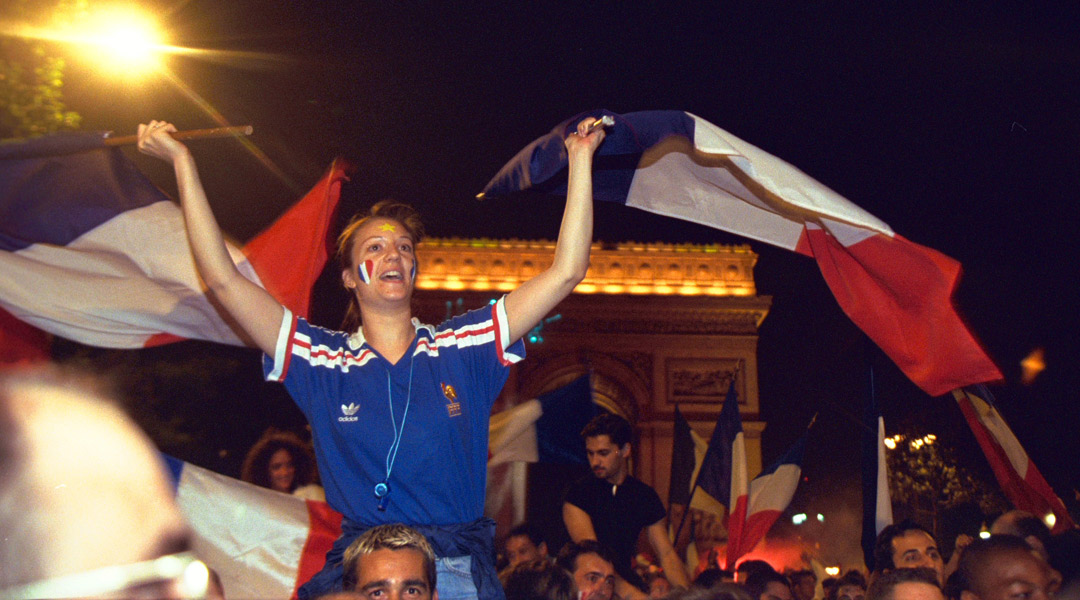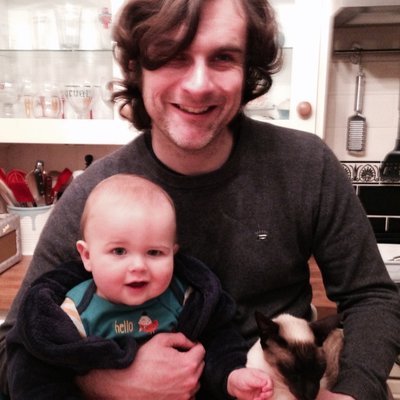Bonjour! How France '98 provided more drama, excitement and scandal than ever before
Against a backdrop of racial tension, France returned from World Cup obscurity to host the first 32-team tournament

The sixteenth World Cup was staged on an infinitely bigger and grander scale than any before: France 98 provided all the passion, excitement and controversy that makes the competition such a special, magical occasion. The unsolved mystery surrounding the dodgy World Cup final performance of the planet's best footballer, Ronaldo, only added an extra dimension to proceedings, and would continue to fascinate conspiracy theorists for many years after the tournament's final whistle blew.
For France, hosting the World Cup wasn't without significance. The brainchild of a Frenchman, the nation was yet to win the trophy despite the riches of skill it had possessed over the years. They also hadn't played a World Cup game in a decade: they'd missed out on qualification in 1990 and 1994, and had qualified automatically as hosts for this one.
The superb Stade de France, built especially for the occasion in St Denis, was a fitting centrepiece for their glorious summer. Behind the fine facade, France was struggling with a racial tension which Les Blues, and their numerous players from immigrant backgrounds, would help to ease. It truly was proof that football can heal rifts and change a nation.
Meanwhile, the competition became more global than ever. A record 168 teams had attempted to qualify, and for the first time, the World Cup featured 32 nations. This meant more matches, and more nations from emerging regions of the world game. Japan, Jamaica, South Africa and Croatia were among those making a debut, and all of them left France with stories to tell. With more places available for European nations too – the winners of all nine qualifying groups plus the best runner-up qualified automatically, while the play-offs provided another four places.

There was also the introduction of the 'golden goal' – if a match went to extra-time, the first goal scored would decide it.
It wasn't easy to predict a winner, either. France may have had home advantage, but they were out of form and much of the media was calling for their manager's head. European champions Germany looked like contenders, as usual. England were strong, topping their qualifying group above a cautious Italy, forcing the 1994 finalists into a play-off with hard-to-beat Russia before booking their place.
Holland and Spain once again arrived with numerous talented players and a reputation for underachieving. The South American big dogs, Argentina and Brazil, booked their tickets as group winners and cup holders respectively, and were many people's favourites. Then there were the dark horses: Croatia, brimming with ability and the passionate pride of a new nation; Nigeria, orchestrated by the sublime skills of Jay-Jay Okocha; and an impressive Danish side.
Get FourFourTwo Newsletter
The best features, fun and footballing quizzes, straight to your inbox every week.
The joy of the World Cup was watching all of this talent come head-to-head, resulting in numerous freeze-frame moments that nobody who witnessed them will ever forget: Michael Owen sprinting onto the world stage, Bergkamp's sublime touches, red-card shame for Beckham, Zidane's majestic midfield play and tense penalty shootouts aplenty.
They saved the best 'til last though, with incredible scenes on the Champs Elysees: a million delirious French people falling in love with football for the first time – and the team of 'rainbow warriors' who had captured their hearts.
Nick Moore is a freelance journalist based on the Isle of Skye, Scotland. He wrote his first FourFourTwo feature in 2001 about Gerard Houllier's cup-treble-winning Liverpool side, and has continued to ink his witty words for the mag ever since. Nick has produced FFT's 'Ask A Silly Question' interview for 16 years, once getting Peter Crouch to confess that he dreams about being a dwarf.

